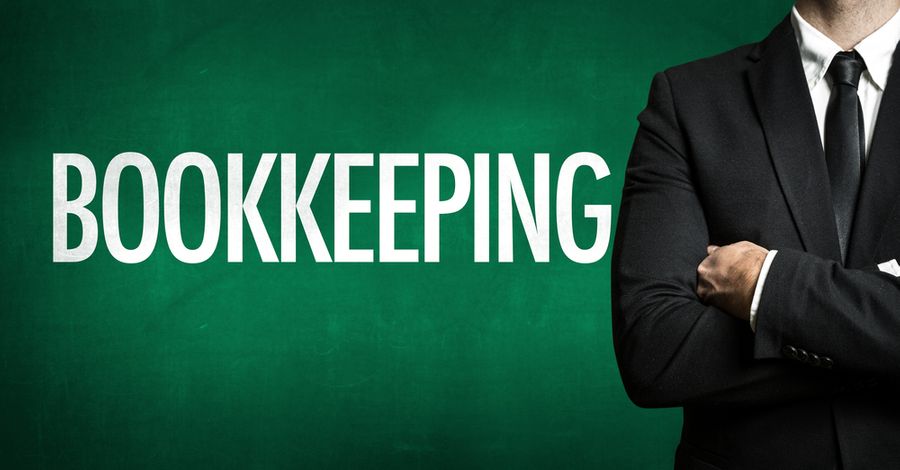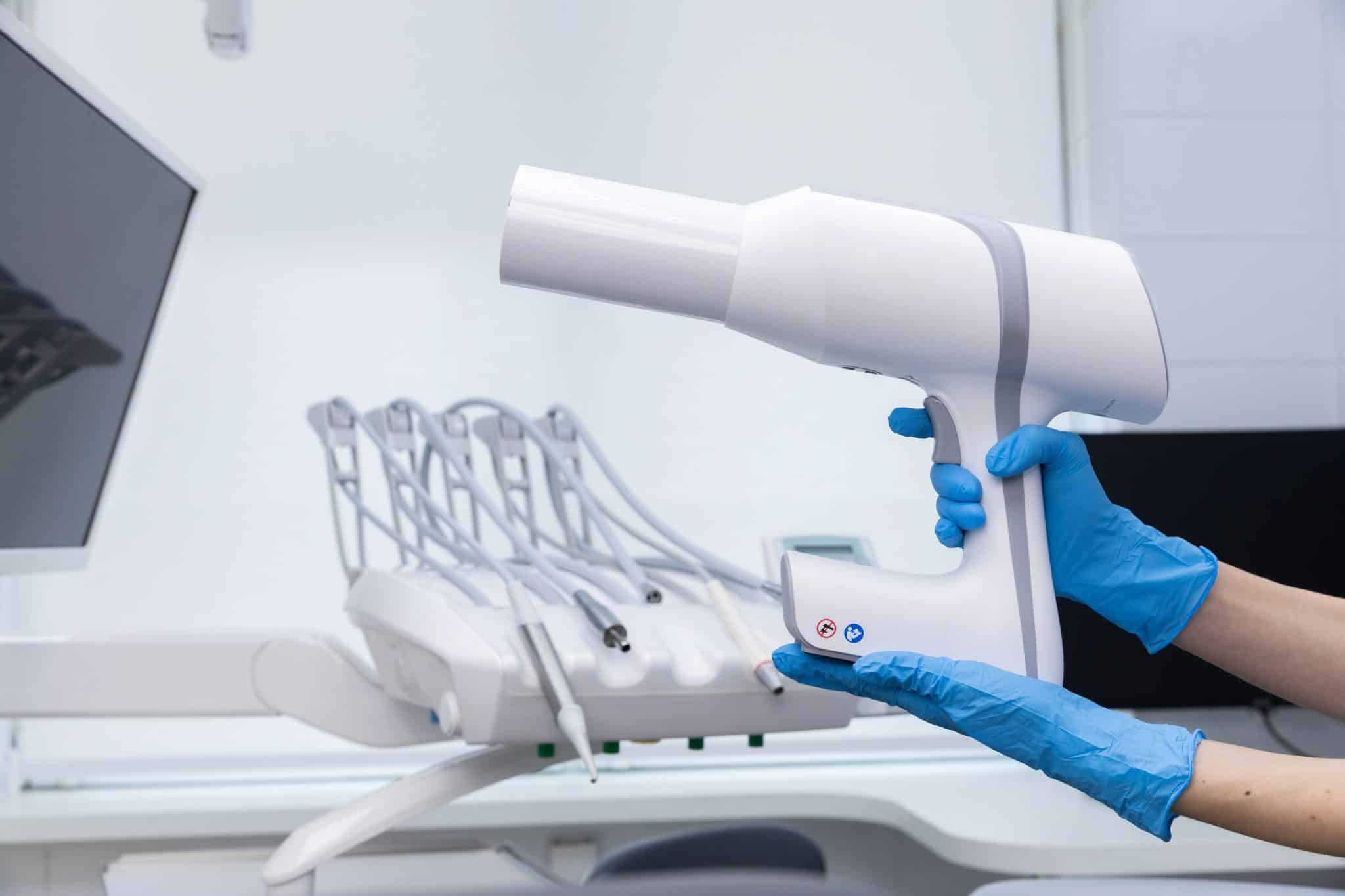As a dental practice owner, you have much to worry about besides just taking care of teeth. You need to ensure that your practice is attracting new patients, making money, paying its accounts payable, and earning a certain amount to cover its expenses and payroll. It is a lot to think about.
Bookkeeping can help you keep track of your profits and expense transactions in a detailed and organized manner. It is beneficial for making informed decisions about your dental practice. But what is bookkeeping, and where do you start?
This blog explains everything you need to know about bookkeeping for dental practices. We share tips on how to manage your books, as well as how you can keep track of transactions.
Table of Contents
ToggleWhat Is Bookkeeping?
Bookkeeping is the practice of recording financial transactions. Credits (income coming in) and debits (money going out) are recorded in a general ledger. By recording the transactions, dental practice owners can track where their money is going and how much they earn.
Bookkeeping is a crucial part of maintaining your financial records. It allows you to keep track of financial information, make informed decisions based on financial reports, and protect yourself against fraudulent financial activity, including tax delinquencies.
How To Manage The Books At Your Dental Practice
Now that you know that bookkeeping is vital for your business, it is time to learn how to manage your books. We share several tips and tricks that you can use to have your bookkeeping run smoothly.
1. Familiarize Yourself With Accounting Basics
Most business owners, especially in the dental industry, are more familiar with teeth than accounting. There is nothing wrong with that – you should be knowledgeable about teeth if you are providing dental services to patients – but business practices and finances are equally as important in order to be successful.
We recommend practice owners familiarize themselves with accounting basics. Not only will it make gathering financial information easier, but it will also help ward against improper bookkeeping. Here are the essential documents and reports that you should know and utilize:
- Profit and loss summary: A profit and loss statement is a report that shows a company’s expenses and revenues during a specific period, typically yearly quarters. It is essential because it shows how much revenue is transformed into net income or profits (aka money earned).
- Cash flow statement: A cash flow statement is a report that totals exactly how much cash your dental practice made and from where. It is an important document for making business decisions because you can consult it to determine exactly what is earning your business the most versus what is not.
- Balance sheet: As you may have heard before, bookkeeping involves “balancing the books.” Many accountants and bookkeepers discuss balancing books because, using a balance sheet, a practice’s equity and liabilities always equal assets. This document is important because it lets you know your practice’s book value.
2. Use Modern Accounting Software
Keeping track of your business expenses and profits can be difficult. You likely have many receipts, invoices, and other documents that you need to organize. And, if you are not familiar with accounting, trying to know how to do all the transactions and calculations can be confusing.
Rather than try to track your accounts using paper, use software instead. Accounting software helps automate your practice’s financial transactions and processes, so you do not need to get out your calculator. It also helps reconcile financial information and is highly recommended for dental practices.

3. Get Help From An Accountant Or Bookkeeper
We know that many business owners struggle to keep track of their finances while running their businesses, taking care of returning patients, visiting their offices, and more. That is why we recommend that owners hire a bookkeeper or accountant.
A bookkeeper or accountant has the knowledge they need to balance your books. They can also handle any unpaid bills, overdraft transactions, and uncollected receivables. Their help can be extremely beneficial for dental practice owners with many practices.
Tips For Good Bookkeeping And Cost Management
1. Keep Track Of Your Facility and Equipment Costs
Equipment is one of the largest expenses of any practice beyond employee payroll. As a result, they should be tracked diligently and used to inform financial decisions and reordering.
How many polishing discs and sterilization pouches do you have? How many do you use? Are you buying too many? Repeat these questions to analyze your purchasing and adjust accordingly.
2. Create A Monthly Financial Report
Have you ever looked at your bank account and did not know why the balance was too high or too low? If yes, we suggest creating a new protocol where you have a new financial report every month. A financial report will allow you to fill financial gaps and stay up to date on your accounts receivable and payable.

Professional Bookkeeping Services For Dentists
Dental Tax is proud to provide dependable bookkeeping services for dentists. We can manage your practice’s bookkeeping, so you have time to focus on treating your patients. Contact us today!
Adam has an MBA from the Richard Ivey School of Business in London and also holds a Chartered Investment Manager designation.
- Tax Return Preparation Guide for Dental Professionals - January 19, 2026
- Financial Lessons from Successful Dental Practices - January 12, 2026
- 2026 Tax Changes Affecting Canadian Dentists - January 5, 2026




